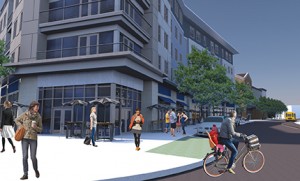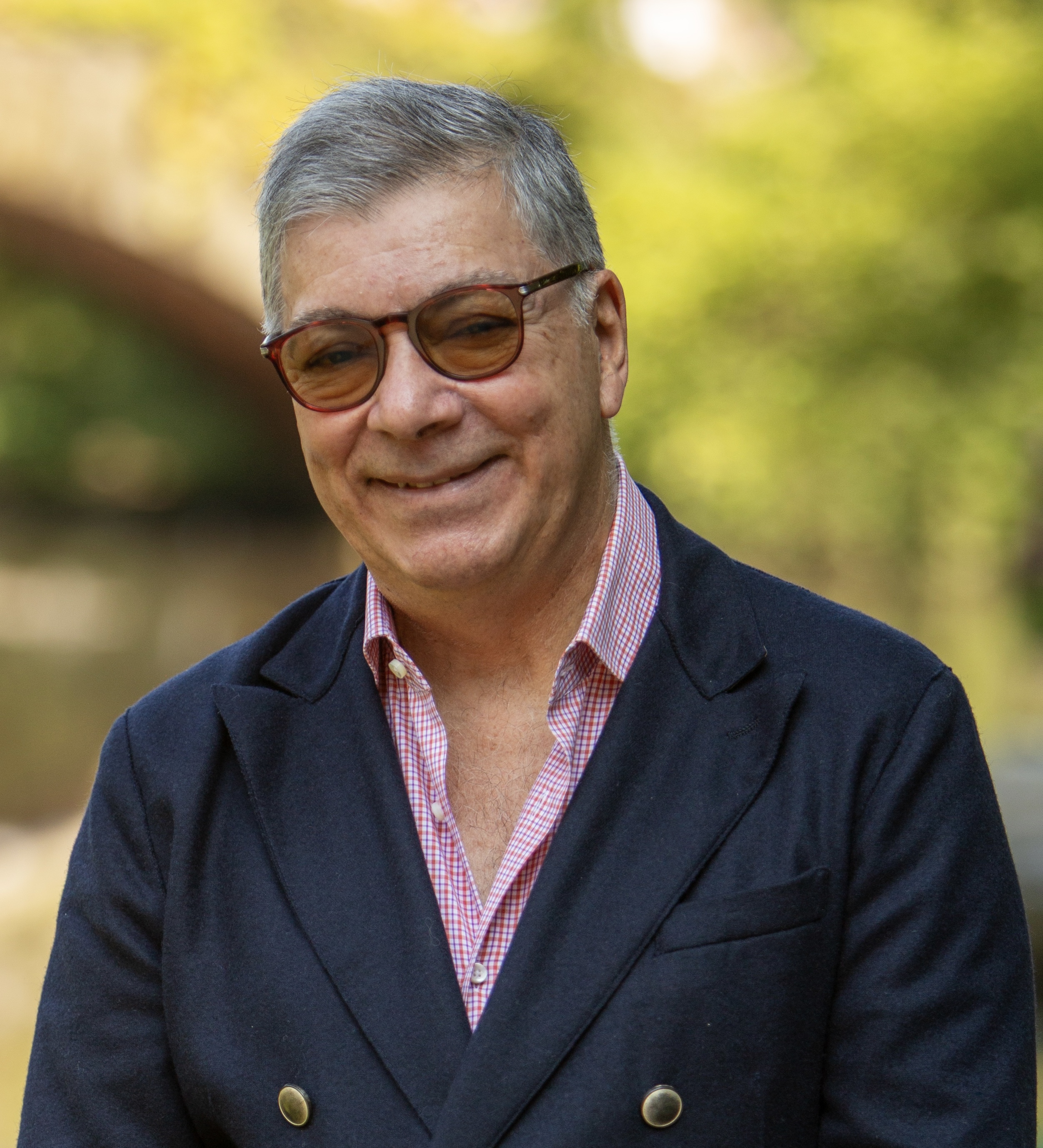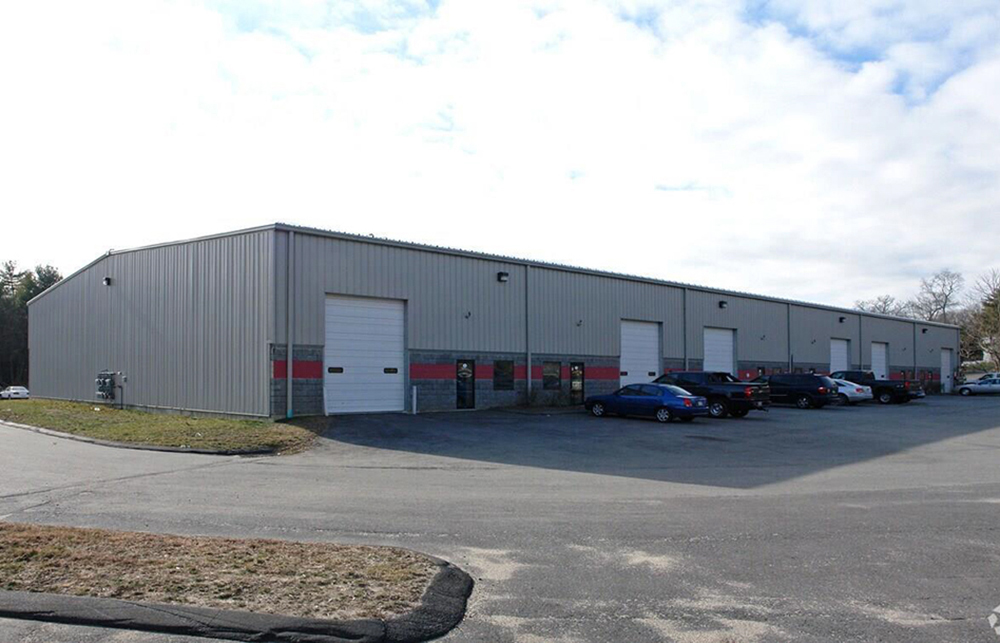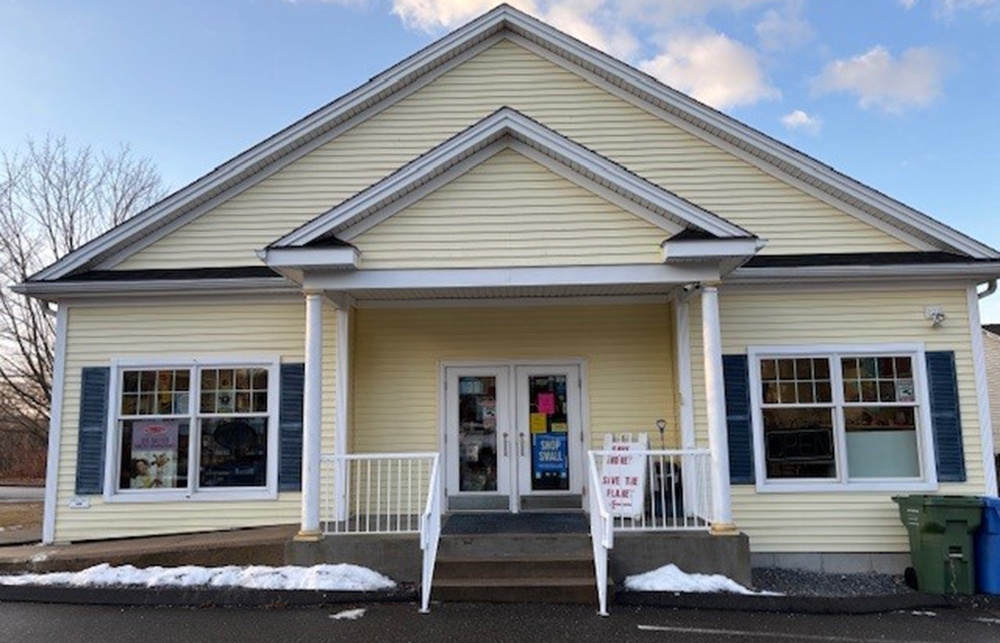Powers & Company to lease 25,000 s/f retail space at new development
 3521-3529 Washington Street - Jamaica Plain, MA
3521-3529 Washington Street - Jamaica Plain, MAJamaica Plain, MA Demolition work is well underway on the prefab metal buildings at the former Flanagan & Seaton Motor Car Company site at 3521-3529 Washington St. making way for 132 units of housing, 25,000 s/f of street level prime retail and a four-story self-storage building.
Phase one of the project will boast 25,000 s/f of prime, street level retail on Washington St. with parking, and will include 88 condominiums. Phase two of the project will be a self-storage building, and will include a four-story townhouse row that will have 44 units.
The $80 million dollar development will have amenities including a community garden, a connector to/from the future SW Corridor Park Extension bike trail, which will pass through the back of the property, a community meeting space, and a community mural on a portion of the proposed self-storage building. There will be outdoor patios and improved landscaping.
In addition to this major multiphase development, the Casey Overpass is being lowered, creating tree-lined bike paths and direct pedestrian access to the Washington St. Corridor.
The nearby Commons at Forest Hills is well underway with its 283 apartments, a further boon to the potential retail tenants at 3525 Washington St. The site is within walking distance of two MBTA Stations (Forest Hills and Green St.).
Powers & Company is leasing the 25,000 s/f of prime retail space with parking. There will be a mix of restaurant, retail, services and medical. For more information visit their website at powersandco.com.
RapDev leases 17,587 s/f at 501 Boylston St. - lease brokered by JLL


Newbury Street: Boston’s timeless retail gem thrives in a modern era - by Joseph Aquino
Boston’s iconic Newbury St. continues to thrive as one of the most vibrant and compelling retail corridors in the United States. Nestled in the heart of the Back Bay, this historic St. has evolved into a powerhouse of high-St. retail, where luxury meets lifestyle and legacy brands coexist with up-and-coming names. With its European charm, diverse architecture, and unmatched foot traffic, Newbury St. remains a dynamic reflection of Boston’s energy, culture, and economic strength.

End of the year retail thoughts - by Carol Todreas

Placemaking and retail in 2024 - by Carol Todreas
Placemaking. That is the word for 2024. While the concept has historical precedence in urban development, it became part of our current culture in the 1960’s when urbanists started to think about cities for people, not just cars.

Retail / tariffs / uncertainty and (still) opportunity - Carol Todreas
As new tariffs continue to impact the global economy, retail businesses and investors are grappling with heightened uncertainty. From new high tariffs to supply chain issues to evolving consumer behaviors, continual changes are making it as or more challenging than the pandemic years. Yet, amidst this turbulence,









.png)
